Microsoft files Google complaint with EU
Microsoft files a formal complaint against Google with the European Commission, claiming the latter was trying to create a walled garden around search.
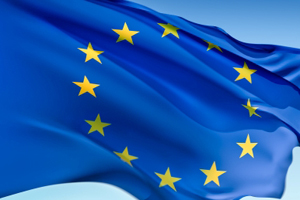

Microsoft has filed a formal complaint against Google with the European Commission (EC), accusing its rival of anti-competitive behaviour.
It marks the first time Microsoft has filed an antitrust complaint with the EC and comes as Google is being investigated by the same body over whether it broke European competition law.
Google has faced a number of investigations into its competitive actions in the US, where it has less of a market share than in Europe.
In its EC filing, the Redmond giant claimed Google was guilty of engaging "in a broadening pattern of walling off access to content and data" which rivals needed to compete in the market and attract advertisers.
Microsoft gave a number of examples where it believed Google had impeded competition, including the 2006 acquisition of YouTube.
According to Microsoft, Google implemented "a growing number of technical measures" to prevent other search engines from including YouTube videos in results.
Google was also accused of blocking Windows Phone 7 devices from using YouTube properly, preventing access to extra services, such as the ability to find favourites and see ratings.
Get the ITPro daily newsletter
Sign up today and you will receive a free copy of our Future Focus 2025 report - the leading guidance on AI, cybersecurity and other IT challenges as per 700+ senior executives
"Microsoft is ready to release a high quality YouTube app for Windows Phone," said Brad Smith, vice president and general counsel for Microsoft, on a blog.
"We just need permission to access YouTube in the way that other phones already do, permission Google has refused to provide."
Microsoft claimed Google also sought to prevent others from offering so-called "orphan books" those publications without a copyright holder.
The Redmond firm then moved on to advertisers, alleging Google "contractually prohibits advertisers from using their data in an interoperable way with other search advertising platforms, such as Microsoft's adCenter."
"This makes it much more costly for Google's advertisers to run portions of their campaigns with any competitor, and thus less likely that they will do so," Smith said.
"That is a significant problem because most advertisers figure that they have to advertise first with Google."
Microsoft also suggested Google had got its claws into search boxes within websites by contractually blocking "leading websites in Europe from distributing competing search boxes."
"Finally, we share the concerns expressed by many others that Google discriminates against would-be competitors by making it more costly for them to attain prominent placement for their advertisements."
"Microsoft has provided the Commission with a considerable body of expert analysis concerning how search engine algorithms work and the competitive significance of promoting or demoting various advertisements."
In a statement sent to IT PRO, a Google spokesperson said the firm was not surprised Microsoft had taken the step as a subsidiary - Ciao.de - was one of the original complainants which sparked the EU investigation.
"For our part, we continue to discuss the case with the European Commission and we're happy to explain to anyone how our business works," the spokesperson added.
The search spat between Microsoft and Google stepped up a notch earlier this year, when the Redmond giant was accused of copying Google results.
Google claimed it saw various URLs from its own search results appear in Bing "with increasing frequency for all kinds of queries."
Microsoft denied the claims, saying it used "multiple signals and approaches in ranking search results."
Tom Brewster is currently an associate editor at Forbes and an award-winning journalist who covers cyber security, surveillance, and privacy. Starting his career at ITPro as a staff writer and working up to a senior staff writer role, Tom has been covering the tech industry for more than ten years and is considered one of the leading journalists in his specialism.
He is a proud alum of the University of Sheffield where he secured an undergraduate degree in English Literature before undertaking a certification from General Assembly in web development.
-
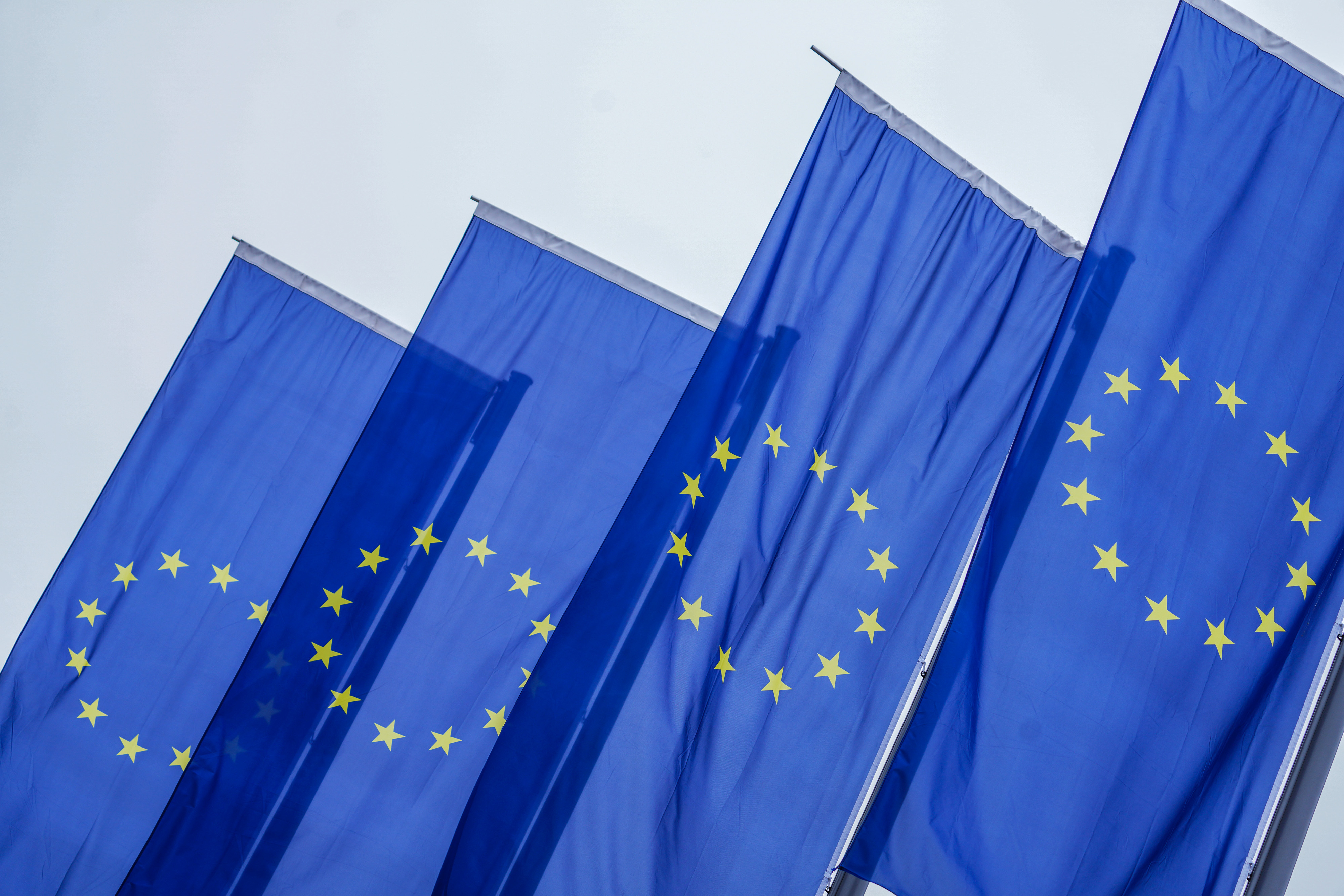 Open source advocates "cautiously optimistic" about Cyber Resilience Act after industry pushback prompts changes
Open source advocates "cautiously optimistic" about Cyber Resilience Act after industry pushback prompts changesNews Amendments to the Cyber Resilience Act in December curtailed the potential impact on open source developers in the region, an industry body has said
By Solomon Klappholz
-
 Reprieve for open source industry as agreement reached on Cyber Resilience Act
Reprieve for open source industry as agreement reached on Cyber Resilience ActNews The Cyber Resilience Act has been maligned by open source advocates across Europe
By Ross Kelly
-
 What's the EU's problem with open source?
What's the EU's problem with open source?Analysis The open source community has raised concerns about a raft of new regulatory changes in the EU in recent months
By Ross Kelly
-
 EU Cyber Resilience Act a ‘death knell’ for open source software, critics warn
EU Cyber Resilience Act a ‘death knell’ for open source software, critics warnNews Critics of the act claim that requirements for open source software usage could severely impact the community
By Ross Kelly
-
 Swedish privacy concerns result in fines over Google Analytics
Swedish privacy concerns result in fines over Google AnalyticsNews Swedish privacy authority ordered companies to stop using the ubiquitous web traffic analysis tool, in line with recent EU rulings
By Richard Speed
-
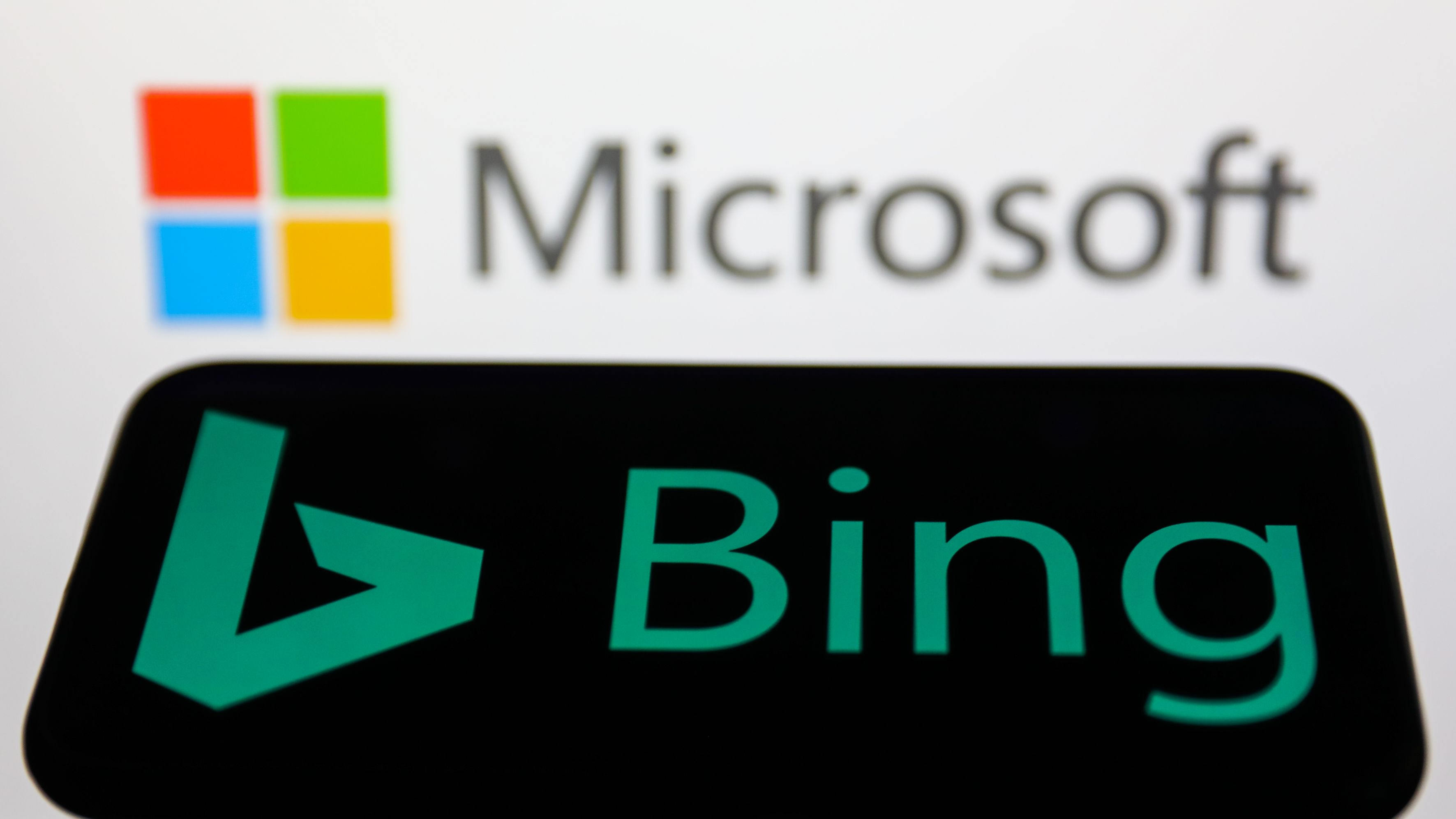 Microsoft hikes Bing Search API prices to “reflect technology investments”
Microsoft hikes Bing Search API prices to “reflect technology investments”News Microsoft cited recent high-profile investments in Bing as justification for the price increases
By Ross Kelly
-
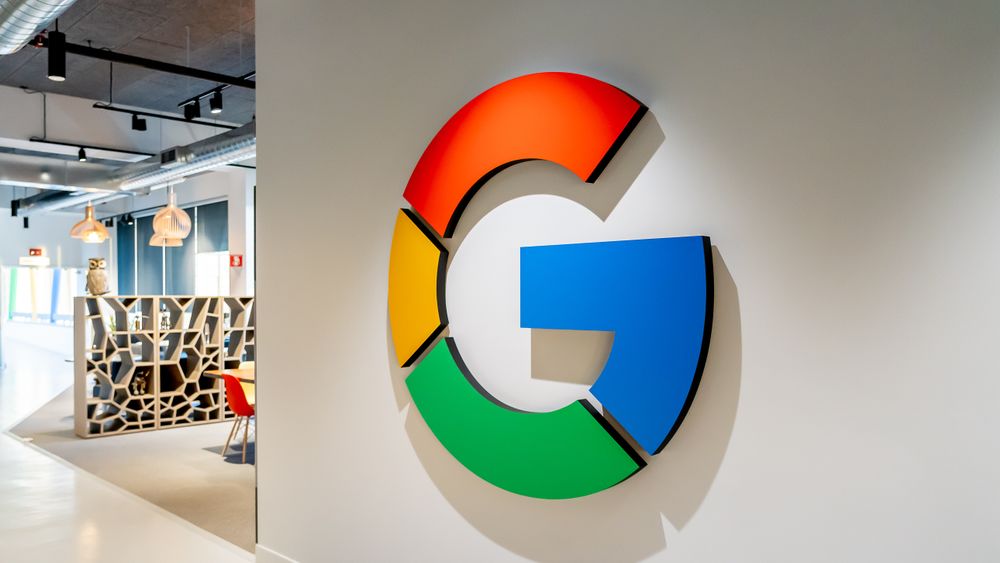 Google looks to shake up the way the tech industry classifies skin tones
Google looks to shake up the way the tech industry classifies skin tonesNews The tech giant is pursuing better ways to test for racial bias in tech products
By Mike Brassfield
-
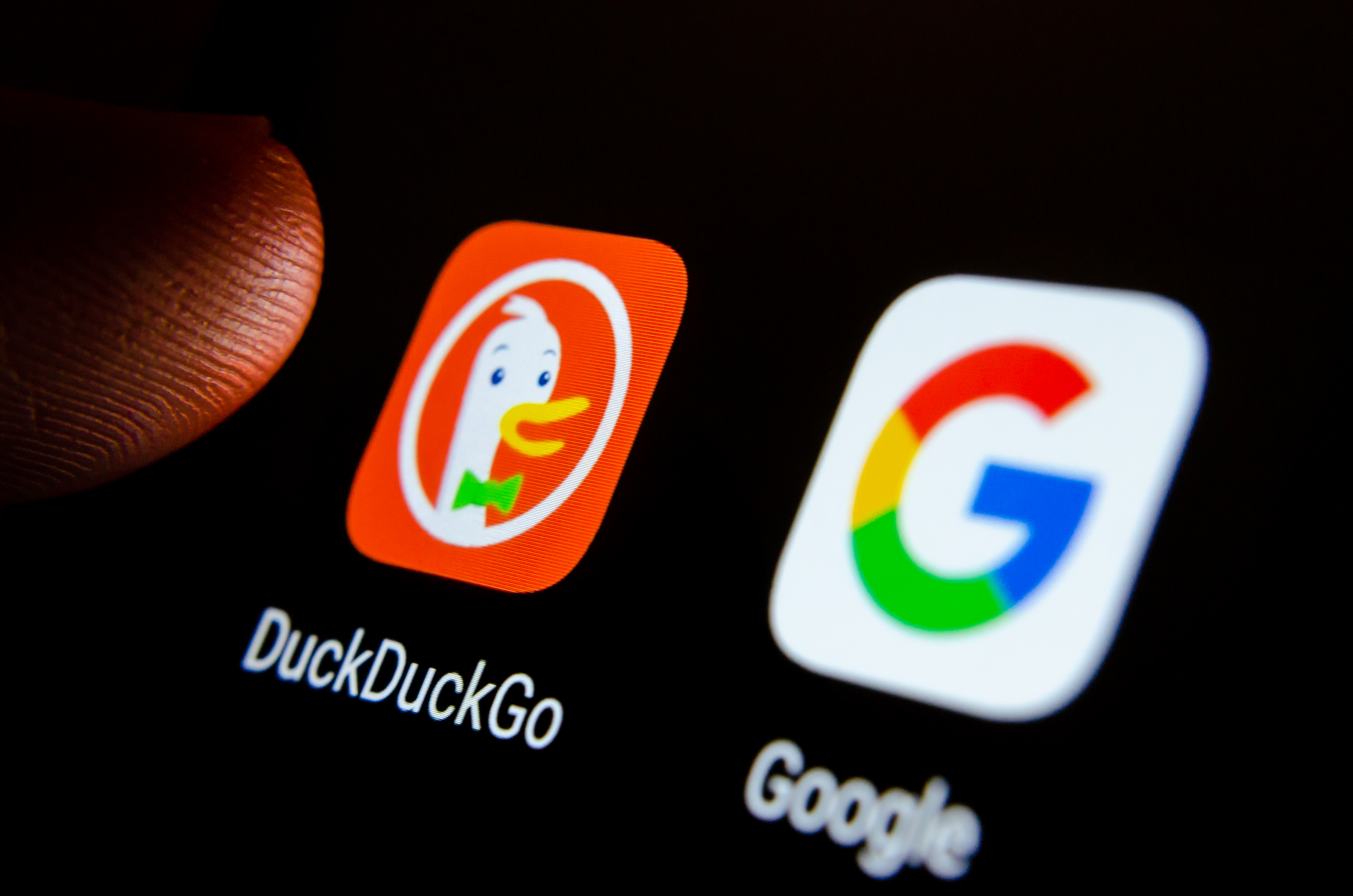 DuckDuckGo vs. Google: Privacy or popularity?
DuckDuckGo vs. Google: Privacy or popularity?Vs Google may reign as king, but it’s not the only option in the world of search
By Sarah Brennan

